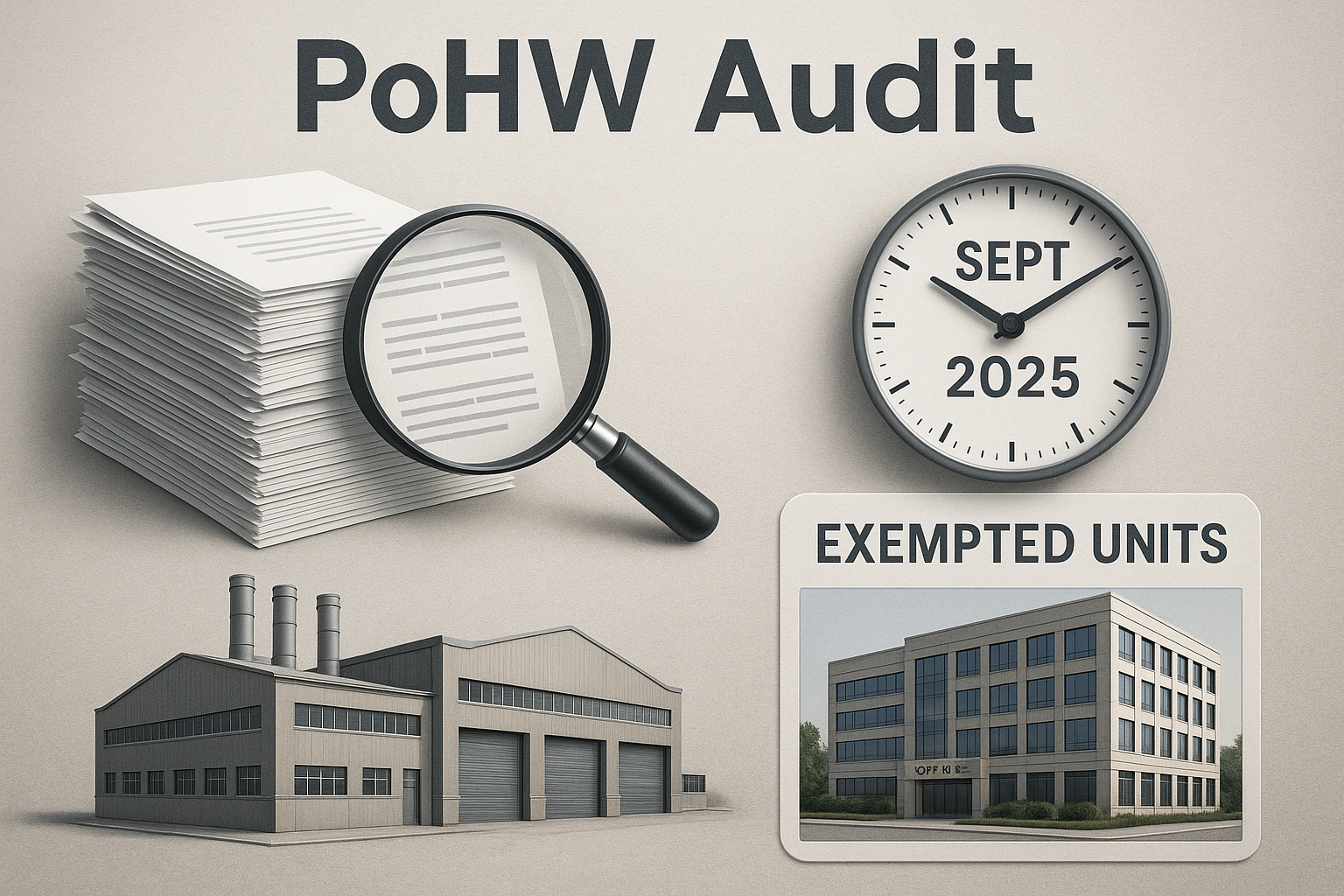The Employees’ Provident Fund Organisation (EPFO) has launched a comprehensive internal audit of all applications for Pension on Higher Wages (PoHW), with a special focus on exempted establishments that operate independent provident funds. This move—prompted by the Labour Ministry and highlighted by the Pension & EDLI Implementation Committee—aims to ensure compliance with the 2022 Supreme Court directive, with work to be completed by September 30, 2025.
Background & Context
-
The audit follows the SC judgment dated November 4, 2022, which allowed existing EPS members (serving as of September 1, 2014) to contribute 8.33% of their actual wages—rather than the ₹15,000 cap—to obtain a higher pension.
-
As of mid‑July 2025, EPFO had processed over 98.5% of applications: receiving 1.524 million total PoHW forms, issuing draft demand notices to roughly 400,000, rejecting over 1.1 million, and leaving 21,995 pending.
Audit Objectives & Key Focus Areas
-
Exempted Establishment Applications: Fast-tracked for evaluation given that processing often relies on trust-specific rules.
-
Verification in these focus areas will include:
-
Delays or lapses in issuing demand letters
-
Accuracy and timelines of Pension Payment Orders (PPOs)
-
Correct disbursement of arrears and pension payments
-
-
Structurally, the audit will leverage both EPFO’s internal audit teams and potentially external teams such as CAG‑empanelled chartered accountants.
Key Concerns & Administrative Review
-
The EPFO head office has pointed to “exceptionally high” rejection rates, including numerous denials for minor omissions that could have been rectified with adequate guidance.
-
Many errors stem from incorrect interpretation of “wages”, misapplication of exempted trust rules, or rigid internal practices converting verification into harassment. EPFO directives emphasize rejections should be justified and minor defects offered opportunity for correction.
-
Earlier internal deadlines—first set for January 24 and February 7, 2025—highlighted EPFO’s urgency in reducing backlogs across zonal offices.
Implications & Next Steps
For Pensioners & Applicants
-
Those previously rejected may receive a fresh review. Beneficiaries tied to exempted trusts may find their cases re-evaluated under audit scrutiny.
-
Remaining applicants—some with valid but delayed submissions—could receive demand notices and arrears payouts pending audit outcomes.
For Employers & Fund Trustees
-
Need to proactively verify that forms are submitted correctly and employees are supported with documentation. Erroneous rejection could lead to resubmission or legal appeals.
For EPFO & Regulators
-
Audit enforces transparency and accountability. Findings may lead to process revisions, training for zonal teams, and uniform guidelines across exempted and non-exempted units.
-
Completion of the audit by September 30 aligns with broader efforts to meet the Supreme Court’s compliance timeline.
Expert Perspective
“This audit marks a critical course correction by EPFO—addressing inflated rejection rates and ensuring beneficiaries get due pension entitlements per SC orders,” commented a senior pension policy expert.
“By fast-tracking exempted units, the organisation is rightly focusing where ambiguity in trust rules often causes litigation or denial,” added a labour and administrative policy specialist.
Conclusion
The EPFO’s decision to conduct a targeted audit of higher pension applications—especially within exempted establishments—represents a pivotal step toward compliance, fairness, and streamlined pension access. The audit promises to resolve longstanding grievances and build procedural clarity, setting a precedent for administrative rigor in pension law enforcement.












